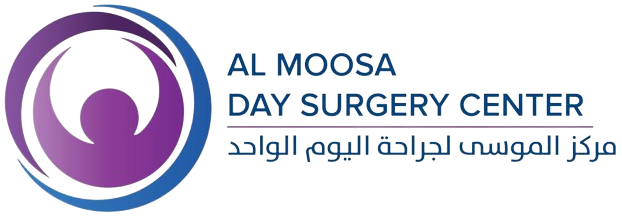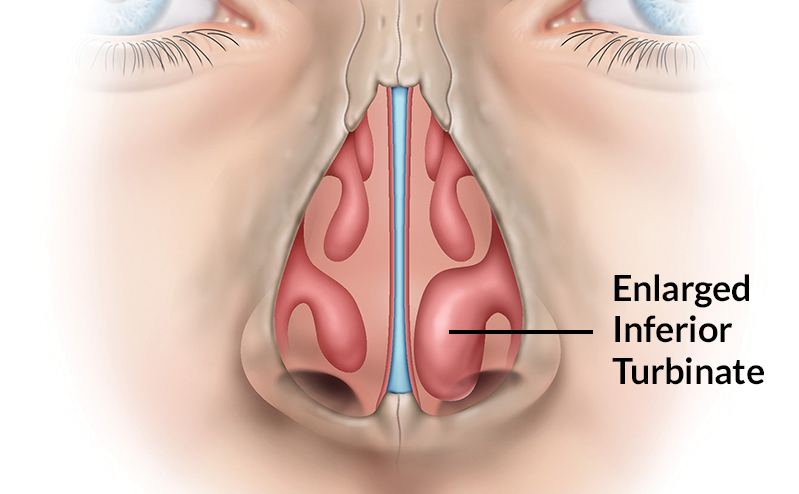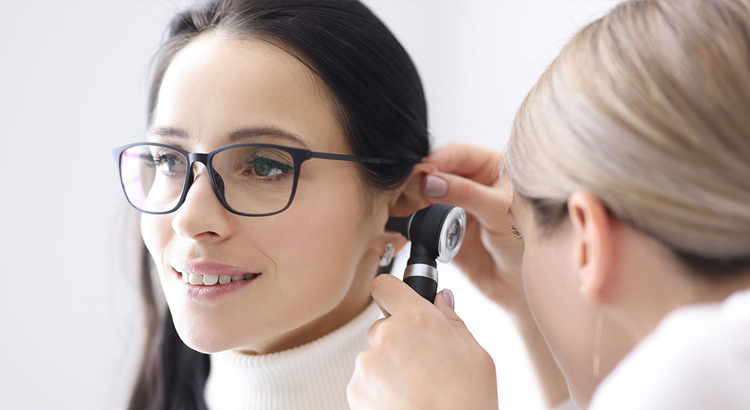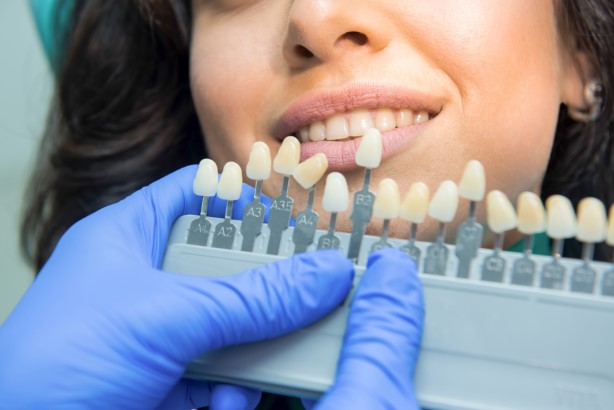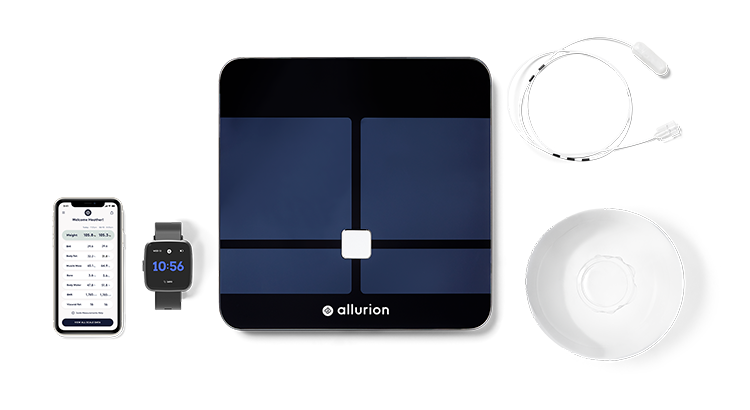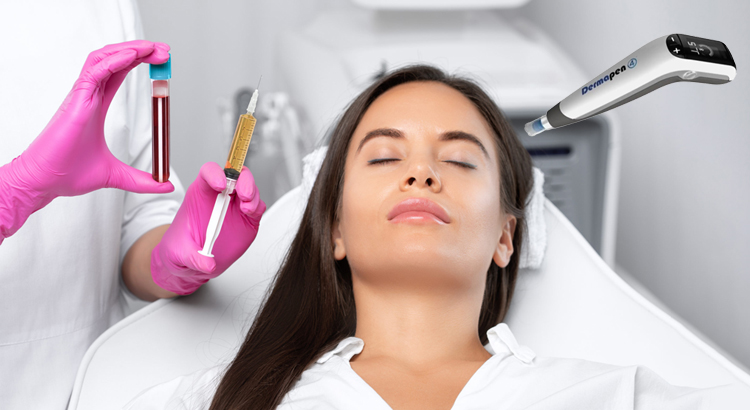How to prevent aging using botox treatment
Nasal obstruction secondary to Inferior turbinate hypertrophy (ITH) – Also know as Enlarged Nasal Turbinate may be a minor nuisance to some people but to others it is a source of considerable discomfort and affects the quality of life to a great extent.
A patient with ITH or Enlarged Nasal Turbinate may also suffer from sneezing, rhinorrhea (runny nose) and headache in addition to nasal obstruction (blocked nasal airways).
For Instance, Chronic inflammation of the nasal membrane (mucus tissue) seen in allergic or vasomotor rhinitis (intermittent (coming and going) episodes of sneezing, watery nasal drainage (rhinorrhea), and blood vessel congestion of the nasal mucus membranes) which leads to deposition of collagen in the submucosal tissue of the turbinates and shape change of the turbinate (nasal) bone. this leads to the development of ITH/Enlarged Nasal Turbinate.
Indeed, Initially the symptoms may be responsive to medical management. Certainly, Topical decongestants, antihistamines and steroids form the mainstay of treatment for ITH/Enlarged Nasal Turbinate.
Furthermore, Surgical reduction of inferior turbinate to relieve the symptoms is usually done for the cases refractory to medical treatment [1, 2]. For instance, there are a wide variety of techniques available for the surgical reduction of inferior turbinate like total or partial turbinectomy, turbinoplasty, chemical cautery, diathermy, radiofrequency volumetric tissue reduction (RFVTR), laser turbinate reduction (LTR) and cryotherapy[1, 2].
Most of these techniques provide satisfactory results for a variable period. They are also associated with various adverse effects like post operative bleeding, crusting, pain and synechiae formation. Optimal surgical technique for inferior turbinate reduction should strike a balance among effective turbinate volume reduction, preservation of nasal function and avoidance of complications.
